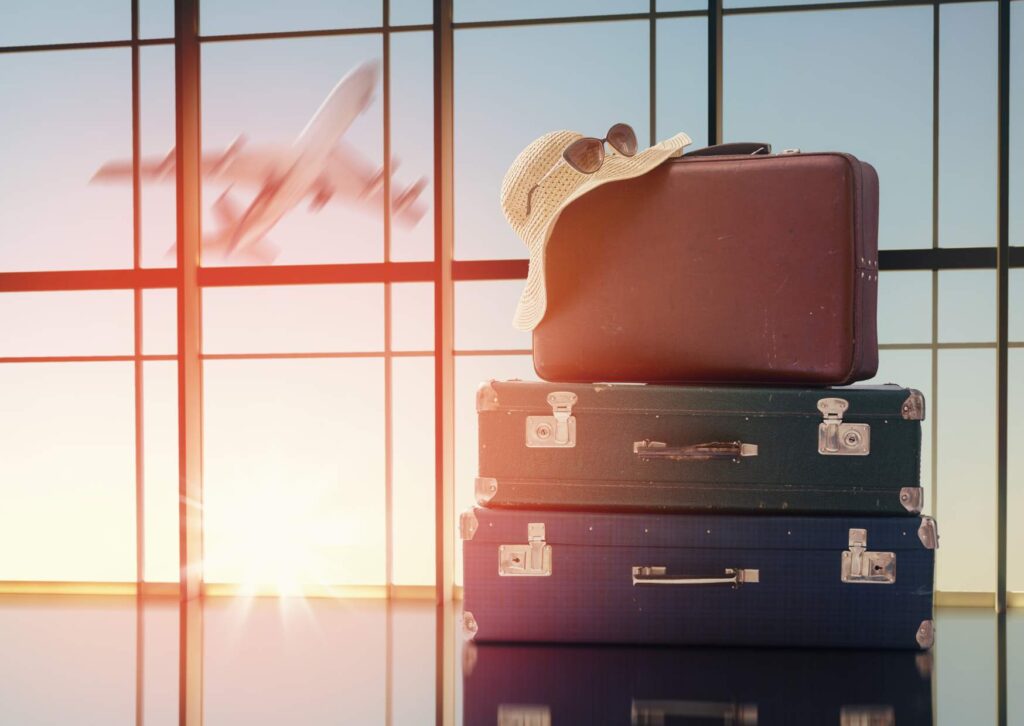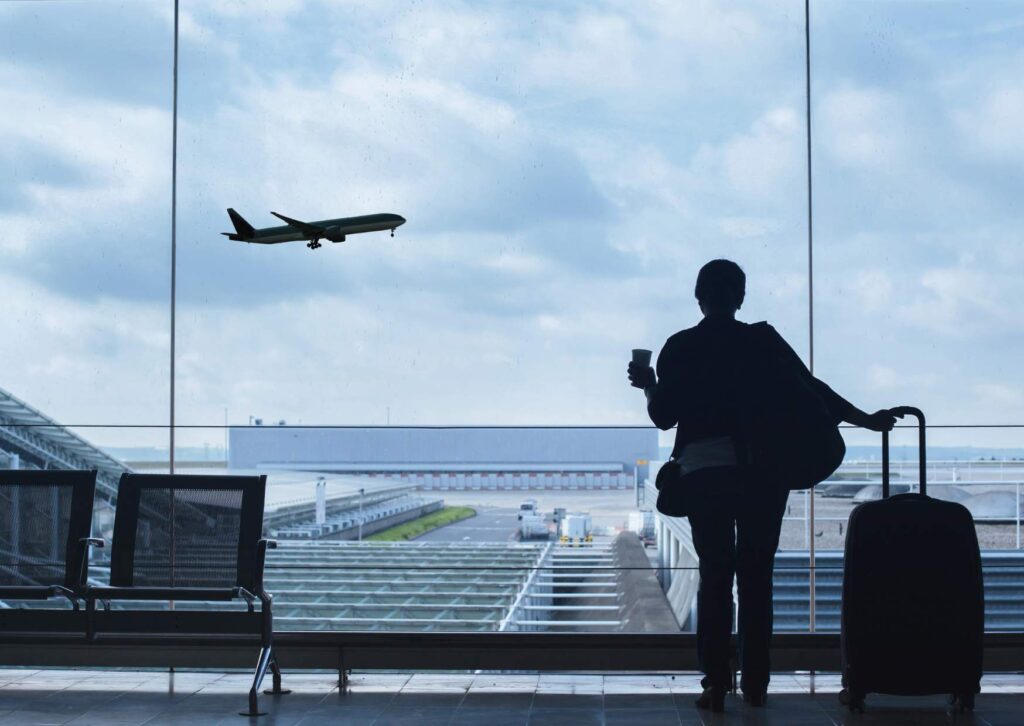From the outside, travel writers seem to be living the dream.
Jumping on planes, boats, trains and coaches; travelling to far-flung destinations; exploring little-known corners of the globe; being wined, dined, accommodated and driven around; and tapping out a handful of stories in their spare time. There’s a running joke in my house each time I drag the suitcase or backpack out of the cupboard. “Have fun on your holiday,” a family member will say, with an eyeroll. “Oh, sorry, I forgot, it’s WORK …”
I still think travel writing is the best job in the world. But, at some stage, just about every freelance travel writer I’ve spoken to has grown weary of punishing travel schedules; late planes, lost luggage, and missed connections; frenzied packing sessions; coaxing information out of oddly reluctant interviewees; schmoozing with PRs and hosts when you’re jetlagged, tired, or on deadline; cranking out stories about the last destination while you’re already enroute to the next one; and endlessly chasing story commissions, unpaid invoices, and a decent laundromat.
For a deeper dive into the life of a freelance travel writer, read 13 truths and 1 lie.
What is burnout?
The fuel gauge has hit empty. The well’s run dry. The candle is flickering (or has gone out altogether).
These analogies all capture something of the experience of burnout – a state of complete mental, physical and emotional depletion. But it goes beyond exhaustion. Burnout also goes hand in hand with feeling negative about whatever it is you’re doing (“Not another bloody street art tour/museum/food truck”), to a feeling that you’re really not up to the task (“Every paragraph I write is a steaming pile of …”). And even when you push yourself to keep on going, burnout can ultimately manifest in stories that are turgid, stale or simply joyless.
Burnout is certain to kill creativity stone dead. For more information on overcoming barriers to creativity, read this.
What are the warning signs of burnout?
It can be hard to spot burnout in travel writers, because the constellation of symptoms tends to go with the territory. These include headaches, tummy upsets, fatigue, sleep disruption, and changes in appetite – all of which are often mistaken for jetlag. Emotional symptoms, such as cynicism, lack of motivation, and self-doubt, are often masked amid the whirl of activity that typically accompanies a travel writing trip. Behavioural symptoms can be subtle. Things to watch out for include withdrawal or isolation, procrastination, irritability, inability to come up with new ideas or flexible solutions, or the overuse of substances as a coping strategy. I’ve discovered, to my detriment, that when someone else is footing the bar tab, it’s especially easy to over-indulge.
How to get on the road to recovery
1. Admit you’re burned out. Recognising that the current situation is unsustainable is the first step to changing it. Alert your support network and, if things are really grim, get professional help.
2. Prioritise your physical health. The foundations of health are diet, exercise and sleep – and all three of them inevitably go out the window on a travel writing trip. It can be hard to resist the lure of a buffet breakfast, long liquid lunch, or degustation dinner, but showing restraint, and focussing on healthy options, can pay dividends down the track. Make time for exercise, even if it’s a half an hour on a hotel treadmill, or a set of stretches in your room. And prioritise sleep with whatever works for you – whether an sleep mask, guided meditation (my favourites can be found in the calm app), or a notebook beside the bed to jot down random worries that come to mind once the lights go out.
3. Plan some downtime. Build in some rest days on the road so you can relax and recharge. Admittedly, this can be tough when you’re participating in a ‘group famil’, and those who’ve sponsored your travel are keen to wring every last minute out of you. But perhaps you can arrive a day earlier to avoid having to hit the ground running – or depart a day later in order to catch your breath? If you’re planning your own itinerary, deliberately build in some rest days, when you don’t count on doing anything more taxing than staying in bed and ordering room service. Sometimes, a day spent in the comfort of your hotel, catching up on work so you’re not swamped the minute you get back home, can be beneficial. For more tips on writing on the road and writing faster, read this post.
4. Seek to travel ‘slow’. Rather than frantically rushing around, ticking dozens of destinations off a to-do list, pitch your tent (or check into your five-star hotel) and stay put for a while. This allows you to immerse yourself in the culture, meet a few locals, and perhaps get a load of laundry done.
5. Soothe your stress levels. When you’re constantly on the go and totally burned out, it’s easy to lose your shit over something you’d normally take in your stride. Carve out some time for calming, grounding activities that can lower stress levels and help you regain a sense of perspective. Such activities might include journalling, meditating, practising yoga, or engaging in breathwork. If the hotel has a pool, spa or other wellness facilities, use them.
6. Set and enforce boundaries. Again, it’s very hard to do this when you’re travelling on someone else’s dime. However, saying ‘no’ can mean the difference between muddling through the next week or melting down completely. Say ‘no’ to that cheap, non-direct flight that turns a 12-hour flight into a 40-hour nightmare; that optional activity that suddenly pops up at the end of a long day; and that one-hour presentation that drags on for effing ever. Hosts are sometimes blissfully ignorant of the realities of a freelance travel writer’s life. Sometimes you’ll be able to educate them – that is, you do need some time to check emails, draft copy, take photos, explore on your own, and simply unspool. Other times, you’ll have to feign a headache and extricate yourself that way.
7. Rediscover pleasure. Periodically take a trip, purely for pleasure, and don’t take notes. Read a book that’s unrelated to work. Indulge in a movie that’s been on your watchlist. Jot down some lines, drawings or doodles, free of any deadline pressure, or expectation of publication. Visit a museum, art gallery or botanic garden simply because you want to, not because you plan to include it in a listicle or breakout box. At first, ‘having fun’ can sound like just one more thing to do. But, if practised regularly, you’ll soon start looking forward to this time.
8. Ground yourself at home. When I’m at home, my simple (and, most would say, boring) routine is a slow, low-tech antidote to the peripatetic nature of travel writing. Get up, walk the dogs, go to the gym, eat breakfast, write the stories I’ve researched on the road, have lunch, garden, cook dinner, read for pleasure, go to bed. When you’re away from home 200+ days of the year, the days you spend at home become even more precious. Enjoy this time to rest, reconnect and recharge.




